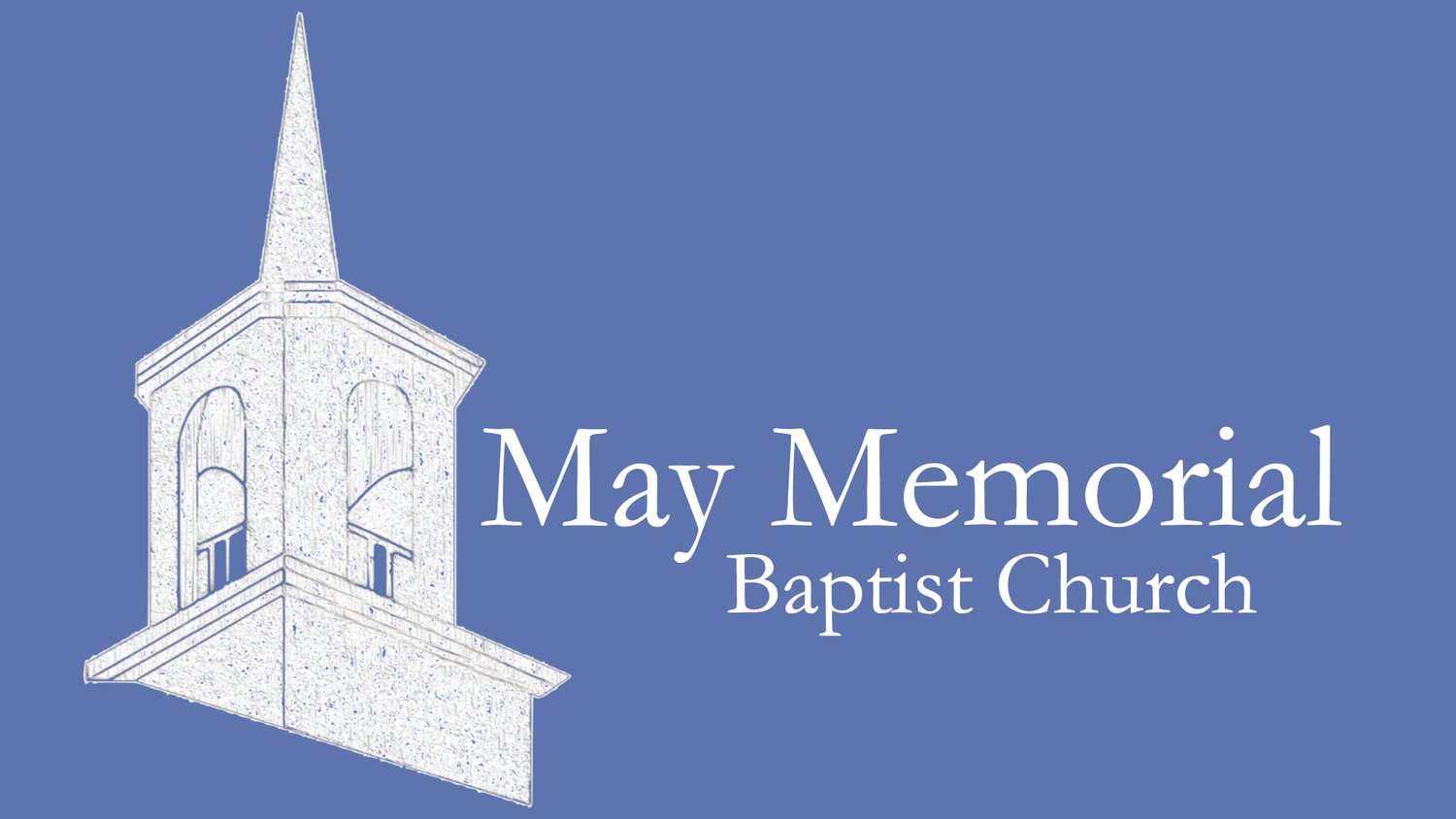A Hard Sunday to Come to Church
When I was a college religion major on my way to seminary, I relished the idea of contemplating the hard questions of our faith. I loved Biblical and theological discussions, especially about difficult topics that many would think are “deep” or difficult or somehow hidden in scripture. As I became a pastor, those same conversations became questions that I am often asked about when someone thinks they are getting “down to business” with scripture and what God wants us to know and do. “I’m really trying to ‘dig deep’ in scripture, I really want to understand the Bible, what do you think about this?”
When someone says something like that, more often than not they are wanting to talk about End Times. This normally involves the Book of Revelation, a verse that refers to something like a rapture, and the book Left Behind. Some people really get into this type of thing, especially when they can find a Facebook story that says something like “Corona Virus Vaccine is Secretly Implanting Microchip that is the Mark of the Beast.” To some people, this is important, and it is hard stuff.
For others, it is predestination. Calvinism and the T-U-L-I-P. For others, it may be the Trinity. How can One be Three and Three be One? These are hard things, and some like to think that the mental acuity mixed with Biblical information required to grasp them is a feat of faithful strength. (Please note I’m not comparing the importance of Trinitarian Theology with Dispensational “Left Behind” thinking.)
These may be important (The Trinity), and they may be difficult. But nothing compared to this coming Sunday. “Okay, Jesus, how often should I forgive someone? Let’s see, how about seven times?” “No, not seven times, but…seven times seventy times.” Let’s do the math on that one. That could be 490 times. Or, it could be forgiveness without end. Seven times is a lot, but to keep forgiving, over and over and over, well, that may be a little much. Except it is what Jesus tells us to do. The “pre-millennial-pre-tribulation-raptured-dispensationalism” idea that has become popular with its pieced together verses from Revelation and Daniel is complicated to understand. But harder to understand is how a gunman can walk into an Amish schoolhouse, shooting, injuring, and killing children, and how that Christian Amish community can offer forgiveness. How that community offers love and support to that shooter’s family. Now that is hard to understand. If we are honest, we are less shocked about the shooting than we are the forgiveness. I love to understand ideas and important concepts about our faith. We should be informed Christians about what we believe. But more than being an informed Christian I want to be a forgiving Christian. In a way it is a “hard Sunday” to come to church. But I expect there are some who want this. Jesus’ hard words come as good news, that we are called, empowered, and equipped to be the people who offer unending forgiveness.
